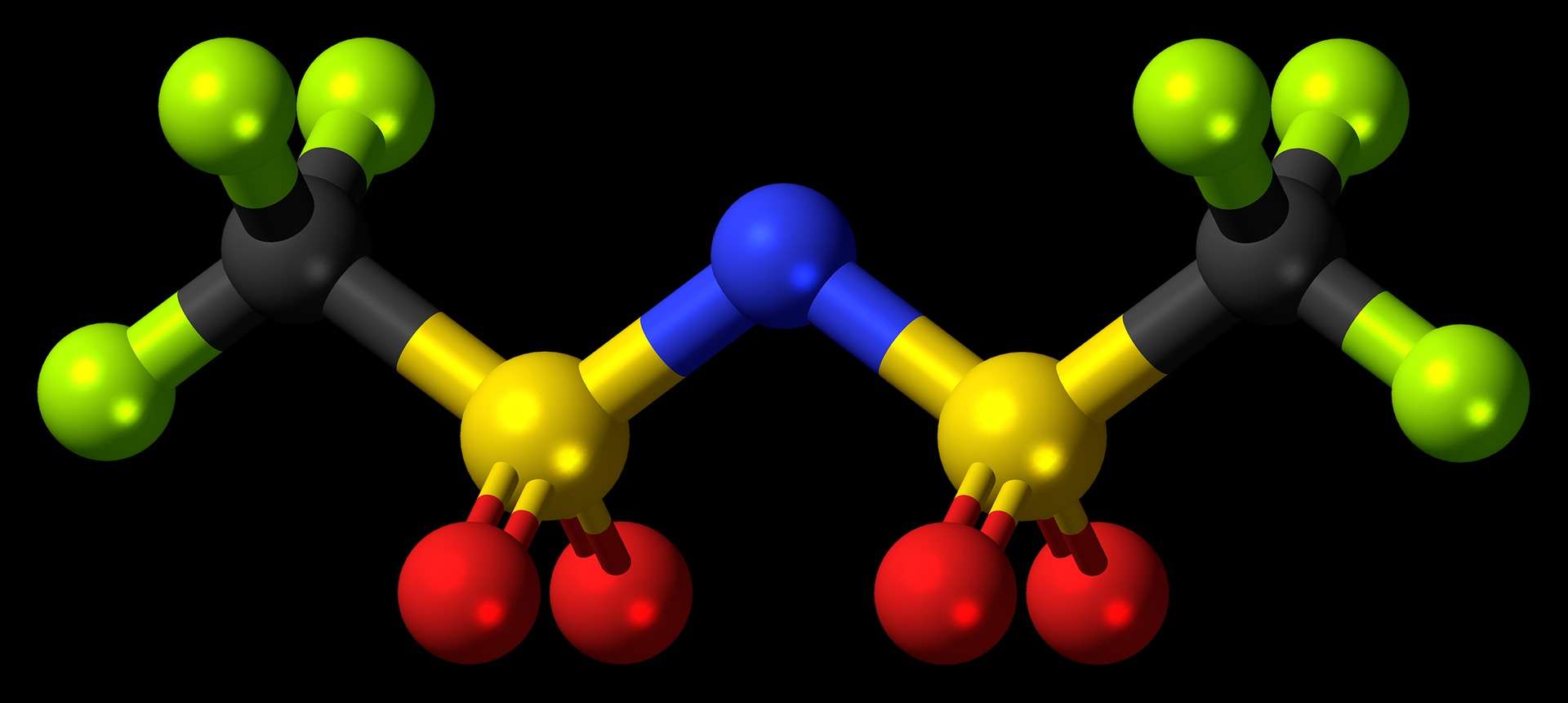FAQ
Peptides are made of amino acids, which are the building blocks of proteins. Different peptides have different amino acid chains, and that’s what gives each one its unique purpose in research. In peptides research chemicals, these amino acids are carefully combined in labs to study healing, cell repair, and inflammation.
Yes, many peptides have been studied in animals and lab settings. Some have shown strong results in healing wounds, improving growth, or reducing inflammation. However, most peptides research chemicals are still in early testing stages and are not approved for human use by the FDA.
The main ingredient in all peptides is amino acids. When linked together in a chain, these amino acids form a peptide. Research chemicals use pure, lab-created peptides to make sure tests are safe and accurate. There are no extra fillers or drugs — just the peptide chain needed for study.
In many places, yes — as long as they are sold for research only. It’s legal to buy peptides research chemicals for lab testing, but it’s not legal to sell or use them for medical or personal use without approval.
Peptides can be controversial because some people use peptides research chemicals for personal use, even though they’re not approved for that. These products are made for labs, not for people. Also, because rules around peptides can be unclear, it’s important to buy only from trusted sources that clearly label products for research only.
